Anniversary of Croatia's "Flash" onslaught
Today marks the 14th anniversary of an attack on the Serb-inhabited western parts of Slavonia, staged by the Croatian forces.
Friday, 01.05.2009.
10:17

Today marks the 14th anniversary of an attack on the Serb-inhabited western parts of Slavonia, staged by the Croatian forces. The operation, known as Bljesak (Flash), took place in the territory of the self-proclaimed Republic of Serb Krajina (RSK). Anniversary of Croatia's "Flash" onslaught The attacks started on May 1, 1995, when the town of Pakrac came under artillery fire, and continued for two days. The Croatian army assumed control of the area, killing a large number of Serb civilians, and driving some 30,000 from their homes in Western Slavonia. A service for some 300 victims will be held in Belgrade's St. Marko church this Friday. A Croatian Helsinki Committee report, presented on July 24, 2003, says that a total of 83 civilians were murdered by the Croatian forces, and adds that 30 were killed when refugee columns were attacked, while 53 were murdered in their homes. The documentation-information center Veritas announced that "on May 1, 1995, Croatian armed forces conducted an aggression on the Western Slavonia area where some 15,000 Serbs lived under UN protection". "In only 36 hours, 283 people were either killed or went missing, 57 of them women and nine children. The Croats buried 168 Serbs, mostly listing them as "unidentified", and those bodies have to date not been exhumed and indentified," the center stated. The president of the Association of Refugee Organizations of Serbs from Croatia, Milojko Budimir, told reporters in Belgrade today after the church service for the victims that even after 14 years, no one has been held accountable for the crimes committed against the Serbs, "neither in front of the Hague Tribunal, nor in front of the domestic courts". He said that the association will continue to point out to the international community that it must exert additional pressure on Croatia in order to have the victims' graves exhumed, and have them buried according to Orthodox Christian rites. Another task, Budimir said, will be to ask that the Serb property in Croatia be reinstated to the rightful owners. He spoke in favor of blocking Croatia's EU integration until this country carries out all the obligations it undertook toward the refugees that are Croatian citizens. Vicar Episcope Atanasije, who conducted the church service today in his own name, and on behalf of SPC Patriarch His Holiness Pavle, said he is unable to forget the scenes of the elderly, women and children fleeing their homes in front of the Croatian soldiers, "trained to kill". "We pray that all those who have soiled their hands with human blood repent. The cure against the evil is for the criminals to repent. We pray that God gives us strength to once again hear the Evangelical message – peace on earth, good will among men," the Serbian Orthodox Church (SPC) dignitary said during the ceremony. Also in Belgrade on Friday, First Deputy PM Ivica Dacic said that the 1995 Croatian operation "could have been avoided with a more united and unified policy of the Serb representatives in the RSK, the Republic of Srpska and Yugoslavia". "Serbia should fight to make sure that the Serbs driven out of Croatia accomplish their right to return to their homes," he said, and added, "if they cannot or do not want to do so, then they will be equals in Serbia". A boy takes part in the ceremonies today (Beta)
Anniversary of Croatia's "Flash" onslaught
The attacks started on May 1, 1995, when the town of Pakrac came under artillery fire, and continued for two days.The Croatian army assumed control of the area, killing a large number of Serb civilians, and driving some 30,000 from their homes in Western Slavonia.
A service for some 300 victims will be held in Belgrade's St. Marko church this Friday.
A Croatian Helsinki Committee report, presented on July 24, 2003, says that a total of 83 civilians were murdered by the Croatian forces, and adds that 30 were killed when refugee columns were attacked, while 53 were murdered in their homes.
The documentation-information center Veritas announced that "on May 1, 1995, Croatian armed forces conducted an aggression on the Western Slavonia area where some 15,000 Serbs lived under UN protection".
"In only 36 hours, 283 people were either killed or went missing, 57 of them women and nine children. The Croats buried 168 Serbs, mostly listing them as "unidentified", and those bodies have to date not been exhumed and indentified," the center stated.
The president of the Association of Refugee Organizations of Serbs from Croatia, Milojko Budimir, told reporters in Belgrade today after the church service for the victims that even after 14 years, no one has been held accountable for the crimes committed against the Serbs, "neither in front of the Hague Tribunal, nor in front of the domestic courts".
He said that the association will continue to point out to the international community that it must exert additional pressure on Croatia in order to have the victims' graves exhumed, and have them buried according to Orthodox Christian rites.
Another task, Budimir said, will be to ask that the Serb property in Croatia be reinstated to the rightful owners.
He spoke in favor of blocking Croatia's EU integration until this country carries out all the obligations it undertook toward the refugees that are Croatian citizens.
Vicar Episcope Atanasije, who conducted the church service today in his own name, and on behalf of SPC Patriarch His Holiness Pavle, said he is unable to forget the scenes of the elderly, women and children fleeing their homes in front of the Croatian soldiers, "trained to kill".
"We pray that all those who have soiled their hands with human blood repent. The cure against the evil is for the criminals to repent. We pray that God gives us strength to once again hear the Evangelical message – peace on earth, good will among men," the Serbian Orthodox Church (SPC) dignitary said during the ceremony.
Also in Belgrade on Friday, First Deputy PM Ivica Dačić said that the 1995 Croatian operation "could have been avoided with a more united and unified policy of the Serb representatives in the RSK, the Republic of Srpska and Yugoslavia".
"Serbia should fight to make sure that the Serbs driven out of Croatia accomplish their right to return to their homes," he said, and added, "if they cannot or do not want to do so, then they will be equals in Serbia".










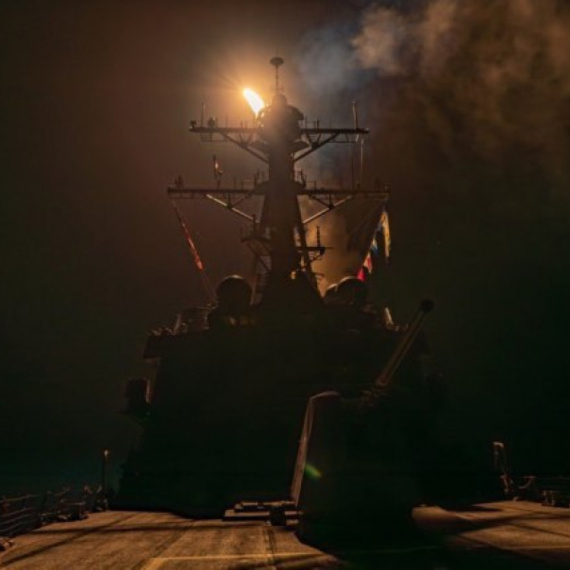


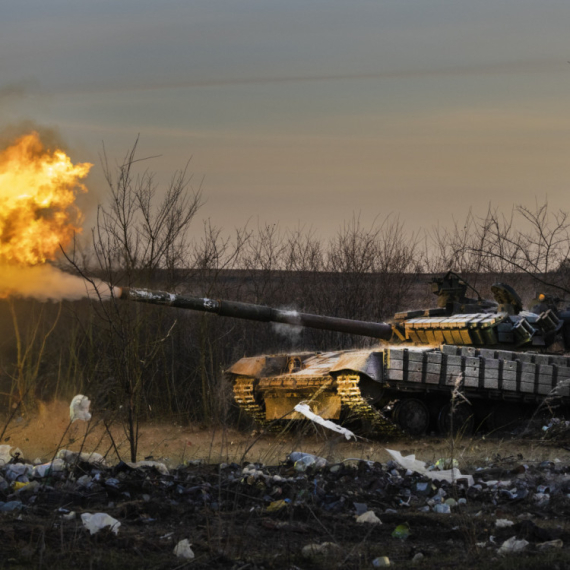
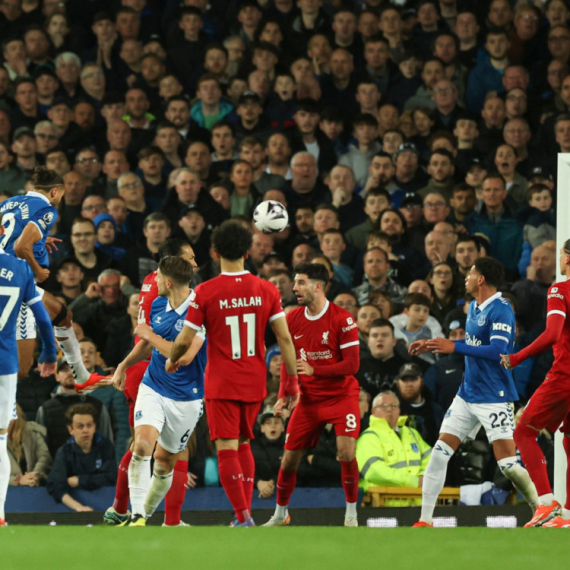
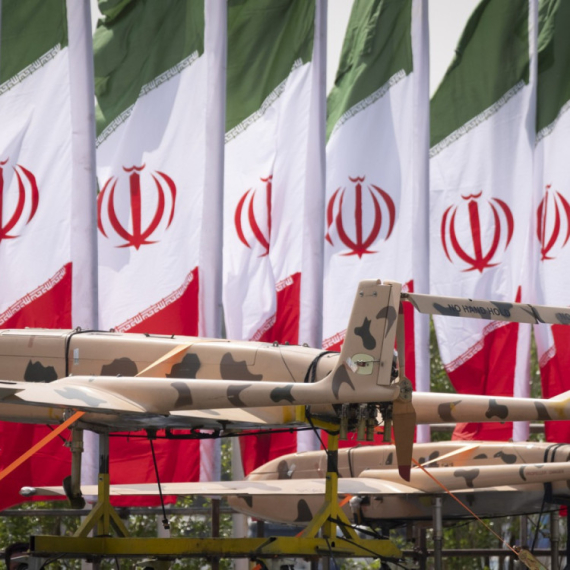
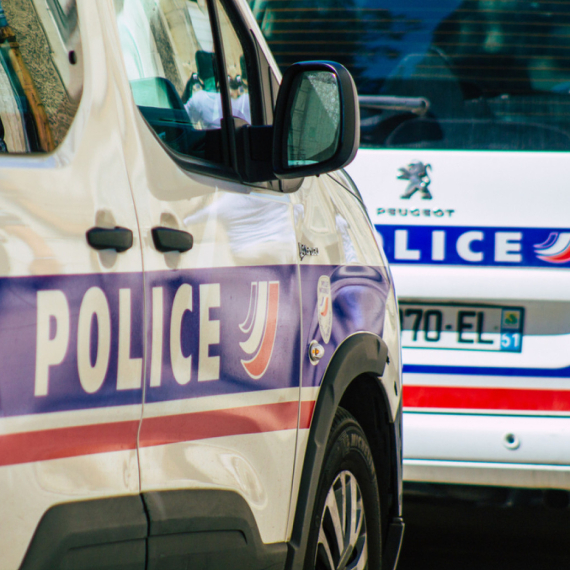





















Komentari 13
Pogledaj komentare